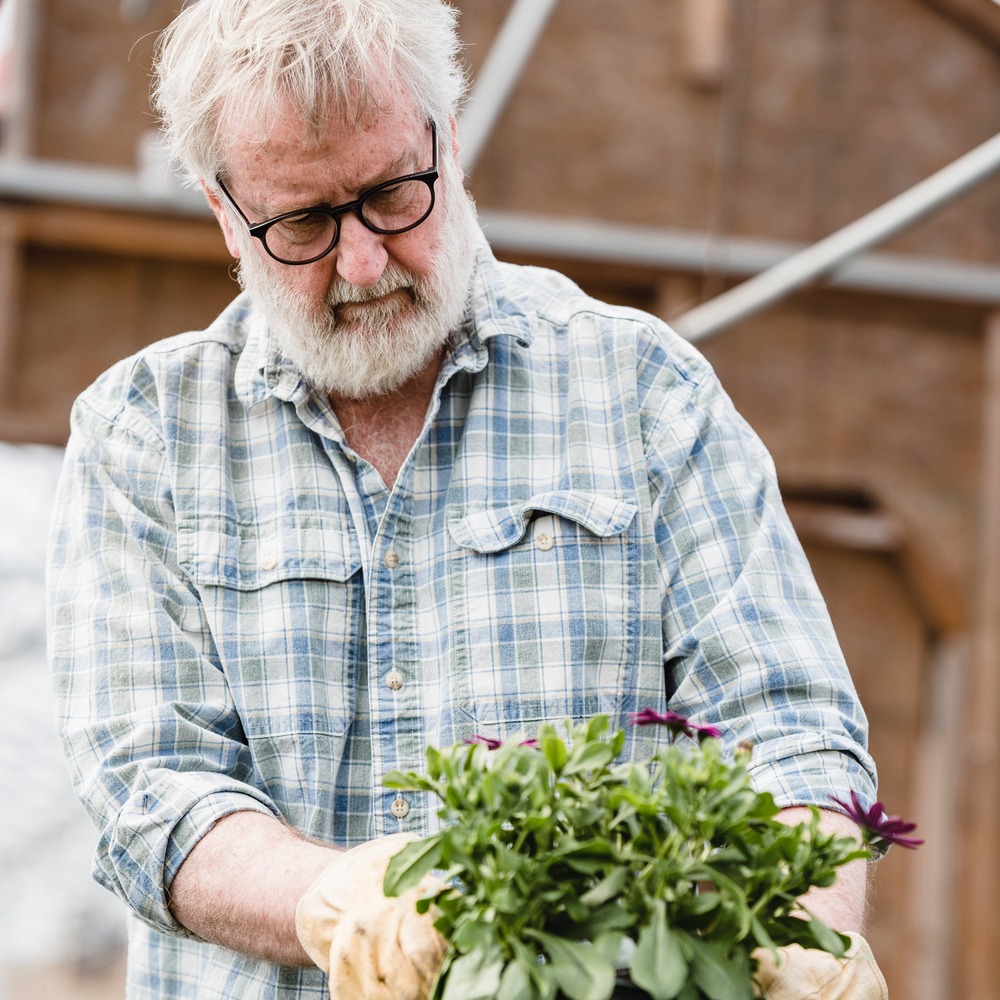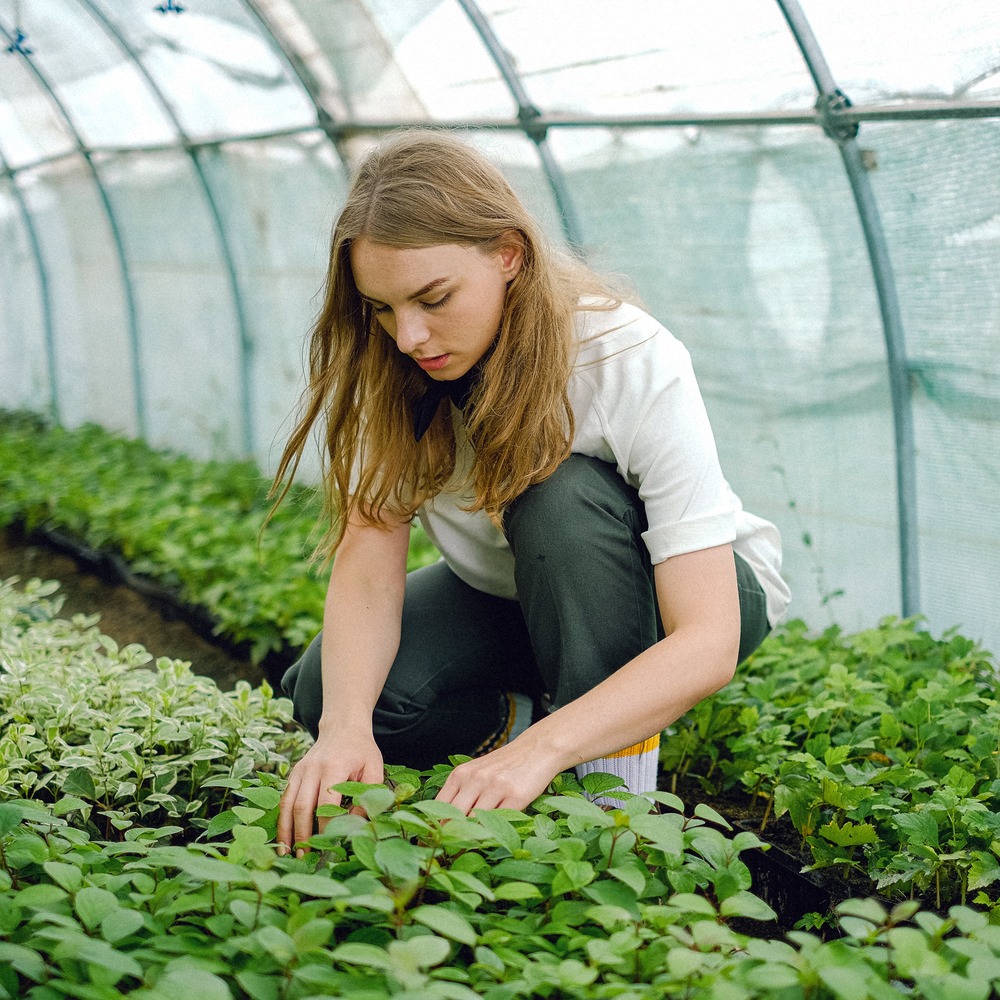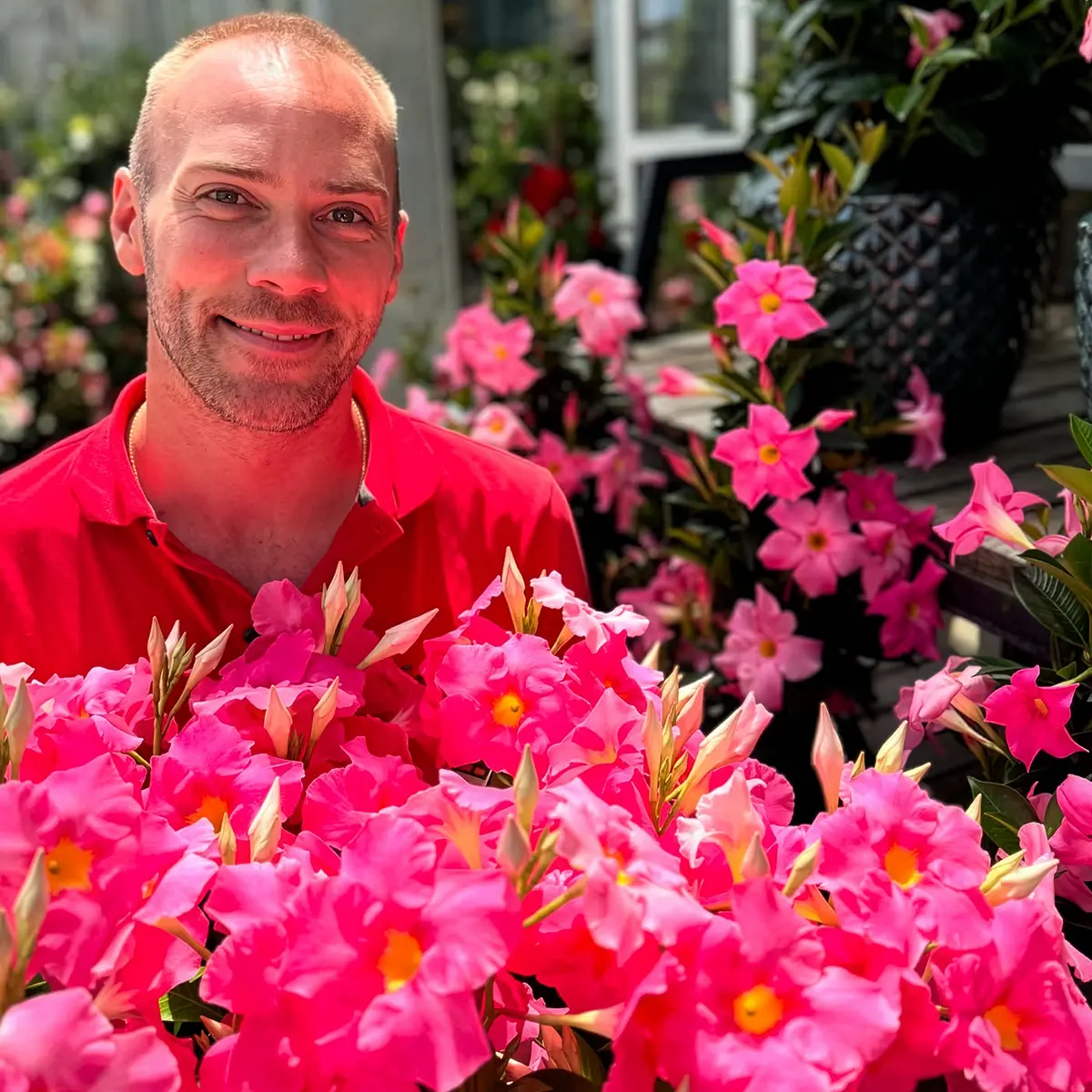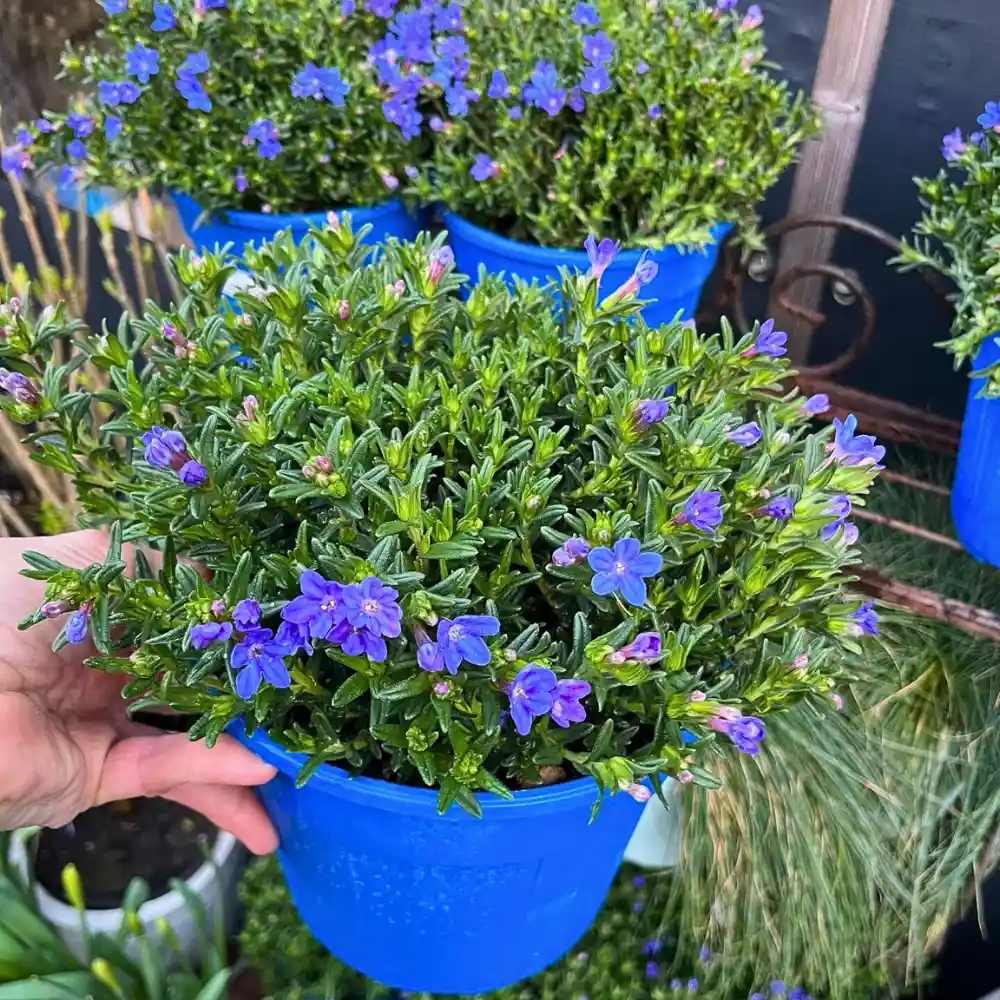Well water, a readily available and chemical-free irrigation source, provides numerous benefits for gardens. By tapping into your home well system, you can unlock natural advantages for nourishing your plants and saving money compared to using municipal water.
Let’s explore how to leverage the unique properties of well water for a vibrant, flourishing garden.

Well Water Composition
In contrast to treated city water, well water in its raw form offers a unique composition beneficial for gardens. This composition includes:
- Essential Minerals: Well water absorbs essential minerals from soil and rock, such as calcium, magnesium, potassium, and iron. These minerals are generally beneficial for plants. For example, calcium is crucial for the growth of healthy cell walls in plants, while magnesium plays a key role in photosynthesis. These minerals serve as nutrients for plants, enhancing their growth and health.
- Neutral pH: The pH of well water typically falls between 6.5 and 8.0, an ideal range for nutrient availability. This neutral pH helps plants absorb nutrients more effectively.
- Absence Of Added Chemicals: Unlike city water, well water lacks chlorine and fluoride, which are often added by utilities and can accumulate to toxic levels over time.
This clean, mineral-rich composition makes well water ideal for nourishing gardens. Additionally, using well water means less reliance on processed municipal water, significantly reducing the ecological footprint associated with water use in gardening.
However, it’s recommended to conduct annual testing to ensure the quality of your well water.
Well Watering System For Gardens
Setting up a watering system using your well water can greatly enhance your gardening experience. This system consists of several components designed to ensure consistent and efficient watering. Here’s what you’ll need:
- Well Pressure Tank: Crucial for maintaining steady water pressure, the well pressure tank ensures your garden receives a consistent water flow.
- Dedicated Hose: A hose connected to your well system specifically for gardening provides fresh and untreated water for your plants.
- Backflow Preventer: A backflow preventer installed on the hose safeguards your water supply by preventing potential contamination from flowing back into the well.
- Pistol-Grip Nozzle: A pistol-grip nozzle attached to the hose allows for comfortable and precise direction of water flow around the garden.
- Hose Reel: A hose reel offers quick, neat water access and storage, adding convenience to your gardening tasks.
- Soaker Hoses: Soaker hoses placed in plant beds deliver targeted irrigation, giving your plants the right amount of water with minimal effort.
- Sprinklers: To provide full-coverage watering to all areas of your garden, set up sprinklers in optimal locations and adjust as needed.
However, the importance of regular maintenance of the well pressure tank and other components cannot be overstated. Proper upkeep ensures consistent performance and contributes to the sustainability and longevity of your gardening resources.

Fertigation Possibilities
Well, water presents an opportunity to combine fertilizing and irrigating in a process known as fertigation. This method offers several advantages:
- Direct Nourishment: By introducing liquid fertilizers, such as fish emulsion, into the hose line using a siphon mixer or fertilizer injector attachment, you can nourish your plants directly during watering.
- Nutrient Distribution: As the fertilizer disperses into the water flow, it delivers nutrients to the roots of your plants, enhancing their absorption and promoting healthier growth.
- Adjustable Concentration: The concentration of the fertilizer can be adjusted based on the needs and growth stages of your plants, allowing for a tailored approach to plant nutrition.
- Contamination Prevention: The use of a backflow preventer and ensuring hoses are not submerged in fertilizer helps to avoid any risk of contamination.
Fertigation reduces the labor and waste associated with traditional fertilizing methods while supporting plant health. Organic liquid fertilizers, when used in fertigation with well water, can further enhance the environmental friendliness of your garden, contributing to a healthier soil ecosystem.
Year-Round Watering Savings
Utilizing your well for gardening irrigation provides a sustainable water source at less cost. Here’s how:
- No Summer Spike: With well water, there are no water bills for usage charges that typically spike in summer. The only cost is the fixed electricity expense to run the pump.
- Winter Utility Savings: Wintertime irrigation doesn’t rack up utility expenses as the water is already available, making it a cost-effective solution even during the colder months.
Moreover, well water makes large-scale gardening more affordable. Large gardens, new plantings, and supplemental dry-season watering become more manageable without worrying about rate hikes. This is particularly advantageous for those looking to expand their garden or maintain lush greenery during drier seasons.
You can nurture your garden affordably year-round with well water, making it a practical and economical choice.

Environmental Benefits
Choosing to source water from your well also contributes to eco-friendly practices. Here are some of the environmental advantages:
- Reduced Runoff: Well water minimizes wasteful runoff from overwatering, a common issue with city water supplies. This helps conserve water and protect local ecosystems.
- Less Strain On Municipal Systems: Using well water avoids putting strain on municipal systems during peak summertime water demand. This can contribute to the overall sustainability of your community’s water supply.
- Natural Recycling: Well water recycles the existing groundwater supply, which is naturally filtered by soil. This process ensures a sustainable water cycle.
- Lower Carbon Footprint: By using well water, gardeners reduce their reliance on municipal water systems, which often require energy-intensive treatment and transportation. This shift conserves energy and supports a more self-sufficient and environmentally responsible lifestyle.
By using well water, you sustain a verdant garden while preserving vital water resources, making it a win for you and the environment. The use of chemical-free well water contributes to a healthier soil biome, attracting beneficial insects and promoting a balanced garden ecosystem.
The Takeaway
The use of well water for gardening is more than just a practical choice; it’s a commitment to sustainable living. Through innovative irrigation methods, well water’s inherent nourishing properties and cost-effectiveness come to the fore.
More than that, it’s a step toward environmental responsibility, reducing strain on municipal systems and inspiring community-wide eco-friendly practices. In essence, well water isn’t simply watering your garden but also contributing to a greener future.










